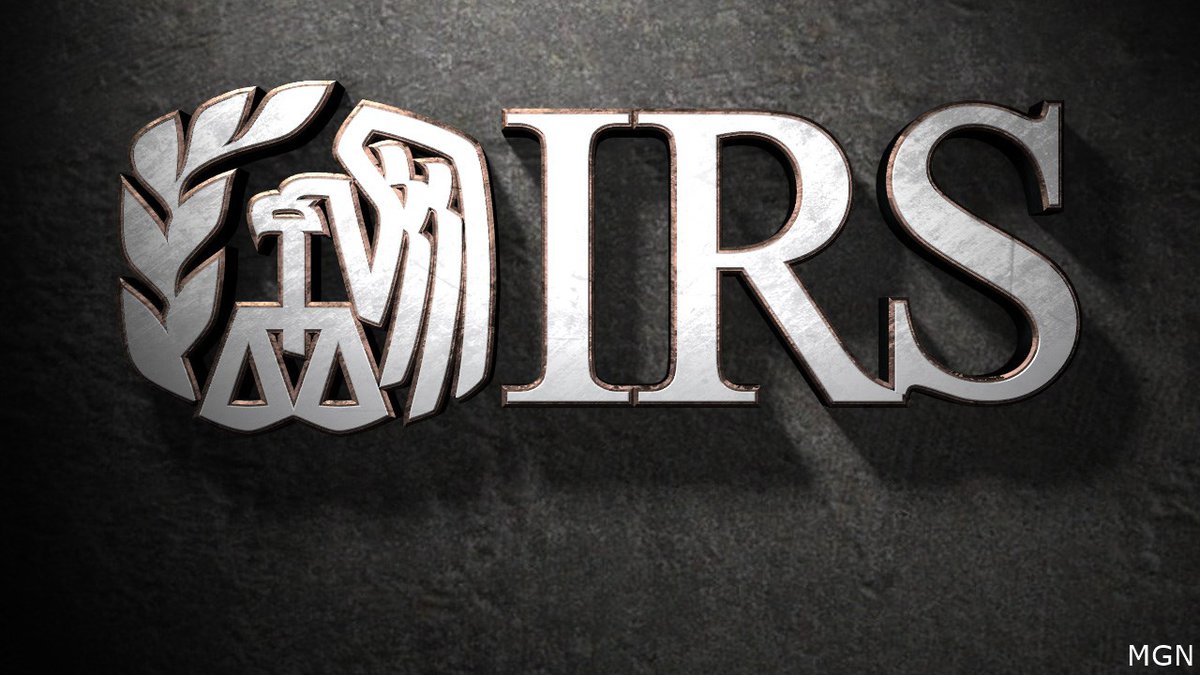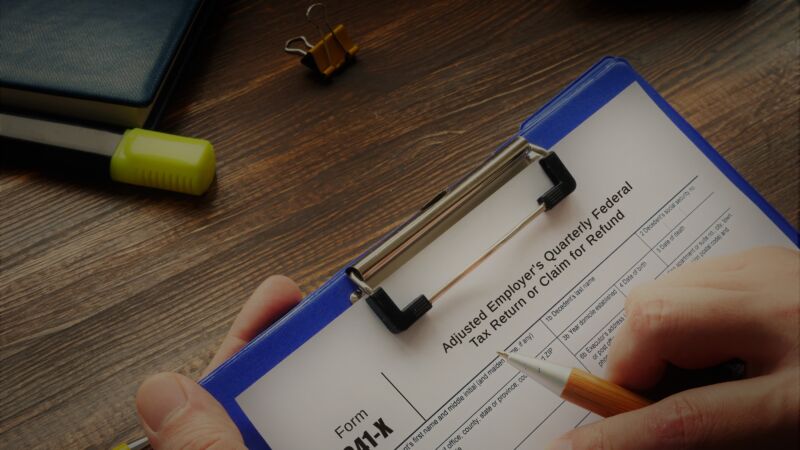
CARES Act Employee Retention Credit (ERC): Increase In Scammers And Delays In Refunds
By Brock Blake, Forbes Contributor
"its “Dirty Dozen” list" list, which aims to expose and warn against the most egregious tax scams recently published by IRS when tax season unfolds. While the intention behind this list is to safeguard both businesses and consumers, concerns have arisen regarding its impact on the Employee Retention Tax Credit (ERTC or ERC) industry. Alarmingly, since the list's release, there has been a noticeable surge in bad actors and illegitimate applications for ERC, potentially doing more harm than good.
The ERC was part of the CARES Act a component of the CARES Act, was designed to offer eligible employers a tax credit for retaining their employees during the peak of the pandemic, with benefits reaching up to $26,000 per employee. As the CEO of a company that assists small businesses (SMBs) in securing the ERC, I've witnessed firsthand the emergence of fly-by-night applicants looking to make quick gains and subsequently vanish. Additionally, organizations, similar to those seen during the Paycheck Protection Program, have appeared to lack compliance, controls, and processes, often inflating the refund amounts applicants may qualify for. Hence, it was a welcome sight to see the IRS call out these unscrupulous practices.
Surprisingly, following the Dirty Dozen announcement, there has been a significant uptick in scammers and unqualified ERC applicants. This trend is not unique to our organization; nearly every reputable ERC service provider has had to allocate resources to weed out fraudulent leads, diverting attention away from legitimate, eligible SMBs. Regrettably, such fraud undermines the very mom-and-pop shops and small businesses that the credit was intended to support.
For legitimate small businesses, selecting the right partner to apply for the ERC credit is crucial. Business owners must ensure accurate credit calculations to avoid potential audits, fines, or other penalties, in addition to repaying the credit.
However, it's not just scammers causing delays in the ERC process. In March, 15 members of Congress reached out to the IRS committing to double the number of applications processed each week prolonged delays in processing ERTC claims, stating that businesses were left in the dark regarding claim resolutions. Legitimate small businesses pursuing the credit have reported waiting nearly 12 months or longer before receiving their credits. While larger enterprises might weather such delays, for small and medium-sized businesses, this credit could be a lifeline.
The IRS has responded to the congressional letter by committing to doubling the weekly processing of applications. However, with over 900,000 applications pending, will this be sufficient to clear the backlog?
The concern is that the actions of bad actors might overshadow the genuine businesses aiming to assist others in obtaining the ERC, while payment delays could further burden Main Street businesses that fought hard to survive the pandemic. Our mission now is to educate business owners, regulators, and the broader community about these challenges.
Nevertheless, it's essential to not lose sight of the opportunity the ERC presents. Lendio is dedicated to helping SMBs not just survive but thrive. We've witnessed how the ERC can propel companies into their next growth phase. To qualify for the credit, a business must meet specific criteria, including a substantial decrease in revenue in 2020 or 2021 compared to 2019, a government-mandated shutdown, or an operational start date after February 15, 2020, coupled with annual revenue below $1 million. Eligible businesses should consult with knowledgeable professionals to determine their eligibility and navigate the complexities of the credit, ensuring they receive the full amount they're entitled to.





